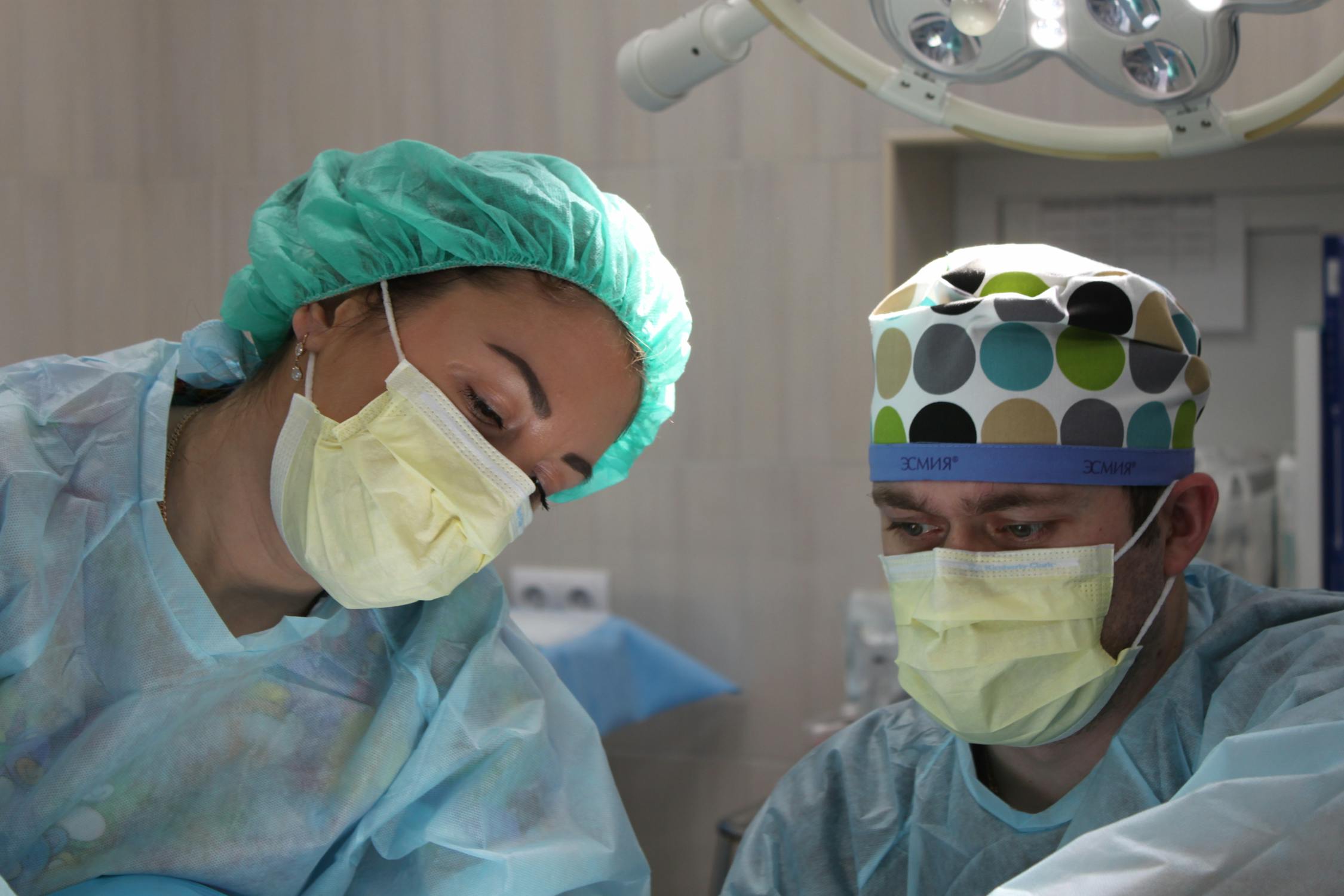
This has remained one of the advancements of medicine, and more research continues to hover around improving the compatibility of transplanted organs with the host body. Unfortunately, organs from related mammals have had little or no success, and more successes have been recorded from human transplants, especially when the genetics of the donor and recipient are identical. Many successes have been recorded in organ transplants from the liver, kidney, and even the heart.
Most reported organ transplants have been from wilful donations, often from close or first-degree relatives, and occasionally, we have strangers donating body organs to those who need them, and this could be across the globe, without specifics. Unfortunately, most donated organs are from dead subjects, as organs have little regrowth capacity except the liver maybe. Thus, organ transplants where the target organ is not a pair often involve dead subjects.
Generally, the globe frowns against organ sales, and here in Nigeria, Senator Ekweremadu, the former Deputy Senate President, was convicted and jailed for organ trafficking in their bid to harvest the organ of an individual unwilfully.
I would say there is an increasing need for organ transplants as society is frequently ravaged by threatening diseases that put the lives of patients and victims on a pedestal of early termination. Thus, in a bid to salvage the damaged organs, a transplant becomes essential. This, however, comes at the cost of limited availability of donors for the organ transplant.

Beyond advocacy and sensitization of the public on increasing the number of willful organ donations, a mandatory organ donation even though the subject or donor is deceased would breach the freedom of wilful donation within the purview of ethical acceptance. Relatives would have little or no say in having their dead buried whole, and it would be traumatizing for the subject to know his or her organ would be removed upon demise. The readily available organs could worsen the lifestyle of the populace when they know they can easily access and afford organs for transplant. Such policy could risk the lives of healthy subjects who may be hastened to termination for the purpose of organ harvesting.
Arguably, recipients would have higher chances of survival sequel to increased availability of organs. Nonetheless, there would be increased choices of organs to be selected from.
I would prefer the government policy permits prospective donors to wilfully choose if body organs are to be donated. This way, the cost of an organ transplant would drastically reduce and leave a satisfaction of the mind on both recipients and donors.
The society I live in would rather donate organs as a means of avoiding sanctions or punishments, but this would mean the government has to equally implement measures to moderate organ transplant while incentivizing the donors.
Thank you for reading. I would love to have your comments and contributions.
Posted Using InLeo Alpha